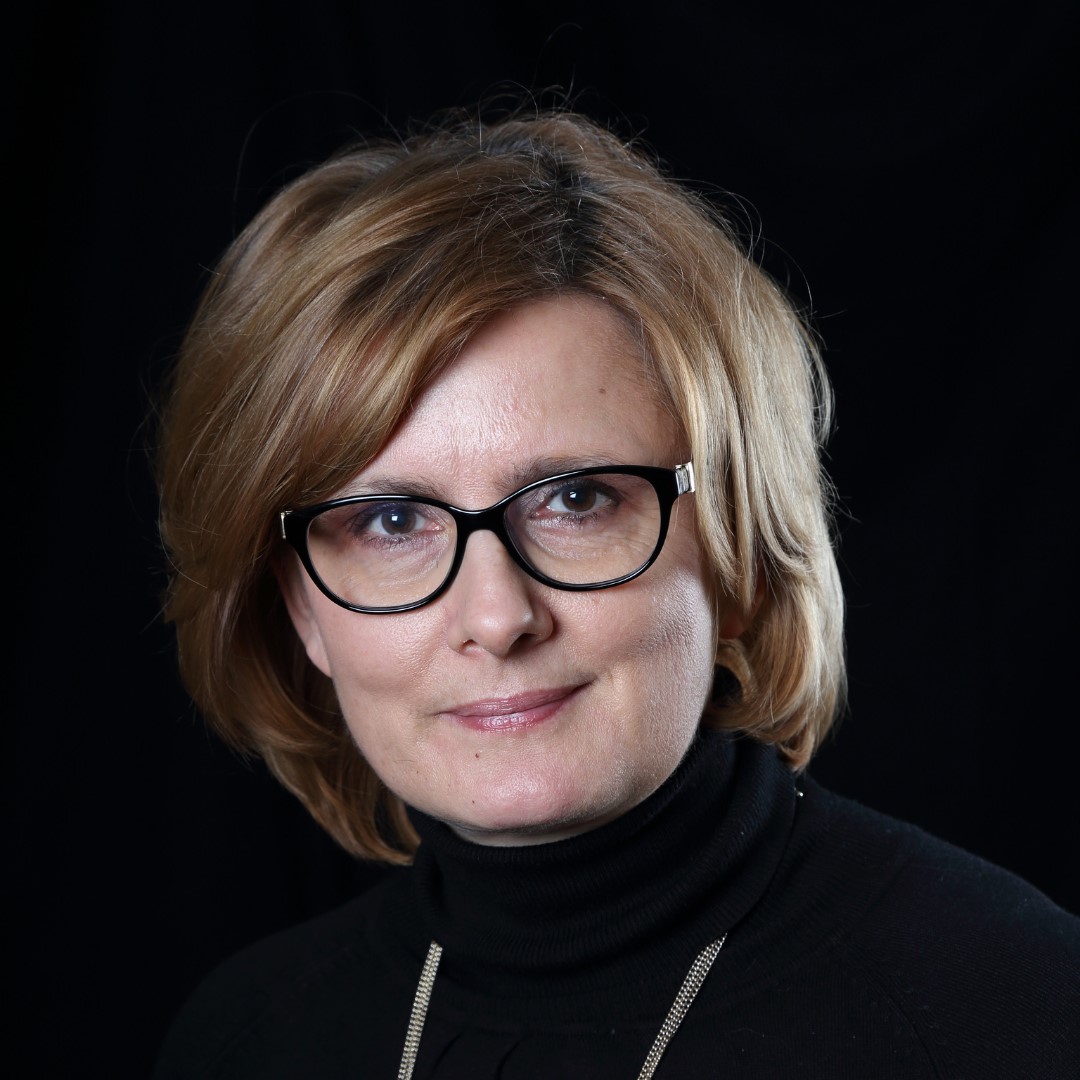As ERS President Elect, what are you most looking forward to about this year’s ERS Congress?
The ERS Congress has always been a unique opportunity to get updates on new developments in respiratory medicine both within and outside of my field of expertise.
In my perception, it is the agora of the respiratory medicine bringing together experts in diverse topics, clinicians and researchers. One comes here to network, to discuss with fellow researchers but also to meet old and new friends. I have been attending the Congress almost every year since 1998 and it has always been an inspiring occasion.
How important is the theme of this year’s Congress – ‘Respiratory health around the globe’?
Following the COVID pandemic there is an increasing understanding of the importance of respiratory health amongst the general public as well as policy makers. While the pandemic was a catalyst, the unnerving epidemiological trends (incidence, mortality) and societal/economical costs of lung cancer, bronchial asthma, COPD, influenza and MDR tuberculosis – to name just a few examples – were rapidly coming to the public’s attention.
Together with common and increasing awareness of environmental issues, it prompted lungs & breathing to become the topic. Respiratory medicine has made a tremendous progress in understanding, detecting and treating lung diseases but there is a lot to be done yet. I expect this is what we – clinicians, researchers and patients – are going to discuss at the ERS Congress 2025; literally how to improve ‘respiratory health around the globe’.
What will be the hot topics to look out for at this year’s Congress? Within those topics/areas, are there any specific sessions that you looking forward to most?
Lung cancer is one of the key respiratory health issues around the globe with the highest cancer-related mortality among men and women. While new therapeutic options have extended the overall survival, shifting the balance towards early detection could be the real gamechanger.
Europe has been witnessing a tremendous development in science around low dose computer tomography and lung cancer screening as well as initiatives linked to the national and regional screening programmes.
Look out for new developments presented at the state of the art session 262 “Lung cancer screening updates: switch gears to move forward” (08:30–10:00 CEST, Monday 29 September) and studio session 32 “European progress on finding SOLACE in lung cancer screening” (14:05–14:50 CEST, Saturday 27 September).
On the same note, I strongly recommend excellent sessions dedicated to smoking cessation; first of all the pro-con studio debate “Are e-cigarettes effective smoking cessation tools or public health hazards?” (11:00–11:45 CEST, Saturday 27 September) as well as oral presentation session 111 “Advancing tobacco cessation: innovative approaches and strategies for respiratory health” (11:00–12:15 CEST, Sunday 28 September).
In line with this year’s Congress theme, there will be a lot of research presented that links clean air and respiratory health. My pick is the Wednesday session “Sustainable healthcare initiatives in The Netherlands” (10:45–12:45 CEST, Wednesday 1 October) – let’s get inspired with great ideas.
With this in mind, there are also a number of sustainability initiatives around our annual event I would like to highlight. The ERS is committed to contributing to a more sustainable future, therefore, the Society has been encouraging congress participants to choose greener travel options – for example train travel over plane travel wherever possible. We have also been carefully measuring the environmental impact of the Congress to improve upon it year on year.
What are your top three session picks for thoracic oncologists at this year’s Congress?
Thoracic oncology is focused on lung cancer but never loses the broader context of respiratory health. Therefore my suggestions are as follows:
Which session or topic within this year’s Congress programme do you believe will have the most direct impact on patient care, and which emerging research or innovation presented in this year’s programme holds the greatest promise for improving the daily lives of patients?
I strongly believe in lung cancer screening and the change it will bring for individuals at risk. It is not only about earlier detection of suspicious nodules, but also other chest pathologies – for example emphysema clearly detected by low-dose chest CT.
There are a number of sessions dedicated to lung cancer screening at the Congress but I would like to highlight one in particular: Session 500 “Lung cancer screening: trying to optimise the next step” (12:30–14:00 CEST, Tuesday 30 September) will showcase a number of national and regional screening programmes – a tremendous effort currently ongoing in Europe to implement this intervention into the clinical practice.

 ERS Respiratory Channel
ERS Respiratory Channel
 ERS Respiratory Channel
ERS Respiratory Channel



